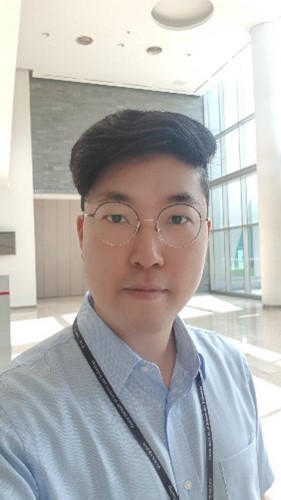Collection
Soft component technology and application for soft robotics
- Submission status
- Closed
Conventional robots consist of rigid parts and materials, limiting the deformation and adaptation of their body to the external environment. It is difficult for typical robots composed of stiff materials to perform tasks such as handling delicate materials and passing through narrow pathways, although there are requirements for such functions in many fields of industry. Recent advances in soft robotics have received considerable attentions as solutions to solve the problems. The aim of soft robotics research is to develop advanced technologies with new robotic mechanisms based on soft materials and structures to increase their adaptability. Soft robots can be widely used in the robotics industry, health care, and field exploration. By gathering a wide spectrum of technologies for soft robots, this issue will establish ISR at the forefront of the next wave of intelligent service robots. The central theme of the Special Issue is soft component technology and application for soft robotics and will capture the surge of interest in the application of new soft robots.
We plan to welcome original, significant and visionary papers describing scientific methods and technologies that steps toward the realization of soft service robots. The content could also present surveys and reviews that summarize state-of-the-art practices in this arena. Special attention will be paid to papers focusing on soft material creation, characterization, and modeling, flexible and transient electronics, soft actuators and sensors, control and simulation of highly deformable structures, bioinspiration and biomimetics, hybrid machines with soft and hard components, and design and fabrication of conformable machines for soft robotics.
Submissions of scientific results from experts in academia and industry worldwide will be strongly encouraged. Topics to be covered include, but are not limited to:
• Soft material creation, characterization, and modeling for soft robots
• Flexible and transient electronics for soft robots
• Soft actuators and sensors for soft robots
• Control and simulation of highly deformable structures for soft robots
• Bioinspiration and biomimetics for soft robots
• Hybrid machines with soft and hard components
• Design and fabrication of conformable machines
Editors
-
Youngsu Cha
Associate Professor, Korea University, Republic of Korea
-
Kwang Jin Kim
Professor, University of Nevada, Las Vegas (UNLV), USA
-
Seung-Won Kim
Senior Researcher, Korea Institute of Science and Technology (KIST), Republic of Korea
-
Hyosang Lee
Research Group Leader, University of Stuttgart, Germany





